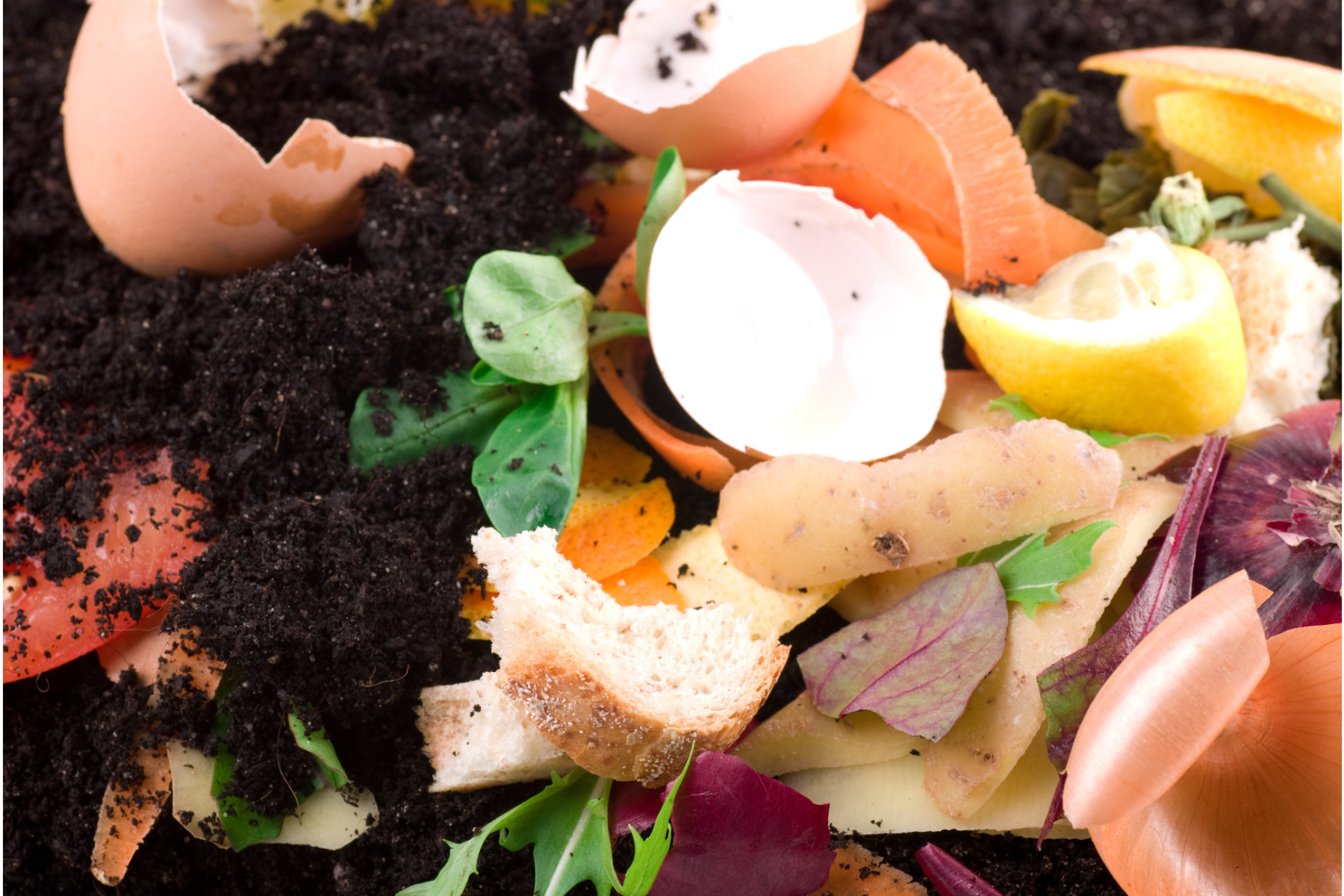
Food waste, either buried in methane-emitting landfills or burned in pollution-spewing incinerators, is a significant challenge to achieving Zero Waste in the District
Food loss and waste exacerbates climate change and food inequities. Production, transportation, and handling of food generates significant Carbon Dioxide (CO2) and super potent methane emissions when food ends up in landfills. The problem of food insecurity is particularly pronounced in the District of Columbia where 13.2% of households experience this issue.
Organic waste can be recycled through composting and the resulting product can be used to improve soil quality and help plants grow. Collecting these organics for diversion to a municipal composting program or for composting at home conserves energy and natural resources.
However, organics present new challenges, and for many households of public housing and multi-unit buildings lack access to on-site food waste collection services. Residential and commercial buildings need to have designated places for waste and recycling materials. To make organic waste easier to manage for both residents and business requires redesigning and retrofitting existing multi-unit buildings for organic waste collection. When it comes to designing communities, waste needs to be part of the design process. Decomposing organics often weigh more than other recycling streams such as plastic, and therefore need to be containerized, ventilated and collected more often.
DC has adopted an ambitious Zero Waste goal for the city: to divert 80 percent of solid waste away from landfill and waste-to-energy by 2032. To achieve this goal the District has developed a Zero Waste DC Plan (Release Spring 2023) that identifies a set of policy and program actions that invest in “Reduce, reuse and recycle” programs and rethinks more equitable access through urban design and public policy.
To achieve “zero waste” at all levels, planners, developers, property owners/management, service providers, and residents need to work together to create a coherent system that separates, handles, stores and collects organic waste efficiently. That is why we are working with our ReThink Disposable partners to support Zero Waste DC investments.
Tell Tell Mayor Bowser you support investing in community recycling and composting programs.
Our ReThink Disposable program partners with local and state governments to innovate new programs and policies to meet waste and litter prevention goals, reducing pollution in local waterways and beyond.
Join us to take the lead on the global waste pollution problem.


